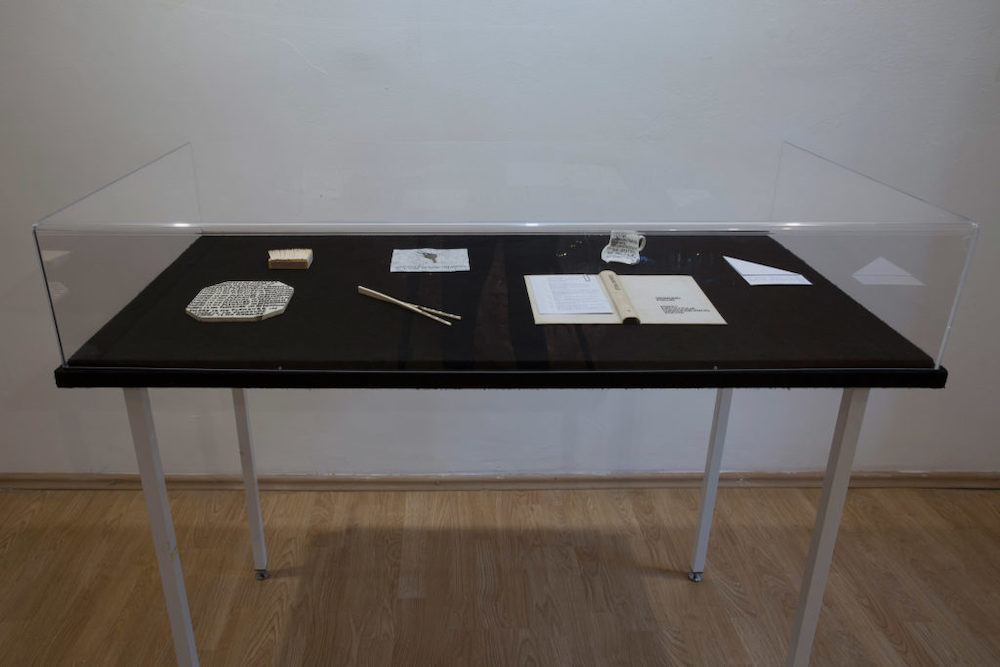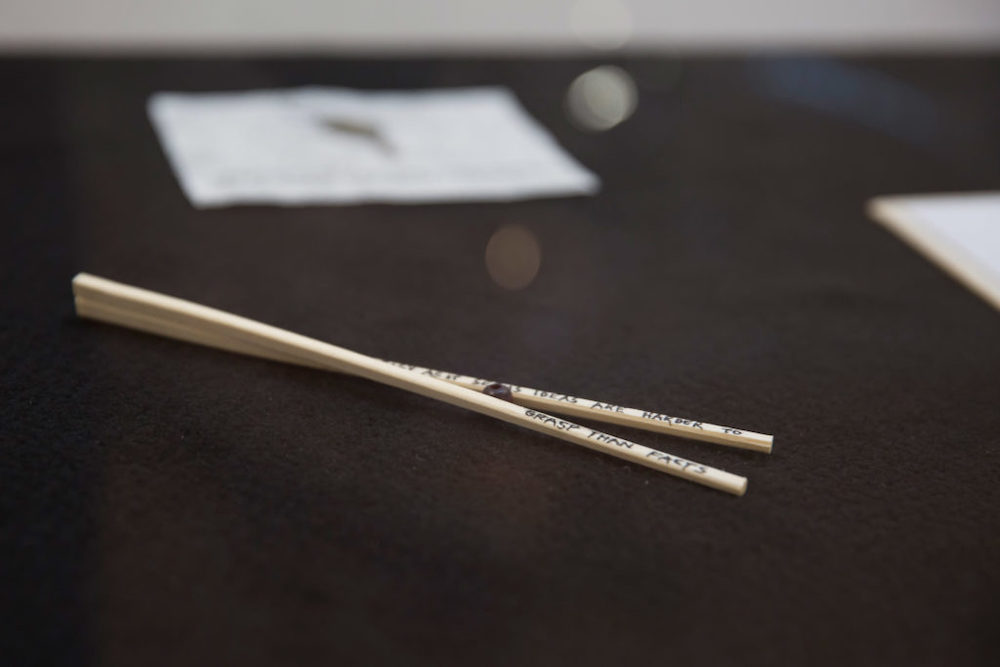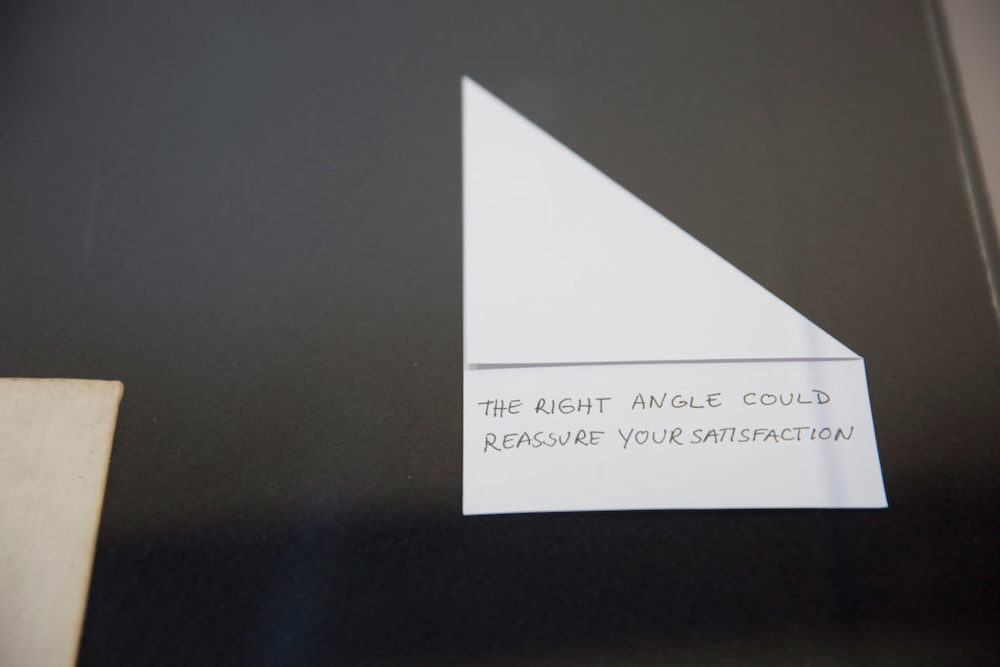This collection of works, All of Those Constructs They Made You Call Pleasure, resists the creation of aesthetic or contextual comfort. It deliberately fails to satisfy, embodying an artistic frustration rooted in the refusal to produce seductive or gratifying art. If Mladen Stilinović once spoke of the “Praise of Laziness” as a mode of resistance in artistic production, then All of Those Constructs They Made You Call Pleasure might be understood as a “Praise of Redundant Gains” — where desire itself becomes the ultimate mechanism of production.
This installation is a blunt, senseless outburst — an embodiment of anxiety born from the relentless pursuit of pleasure and relief. It offers a cynical, clinical, and absurd commentary on the modern compulsion toward gratification — through mundane actions, object relations, and conceptual triggers — which, instead of fulfilling, often deepens a sense of void.
In the landscape of contemporary life, it becomes clear that social routines and economic structures are increasingly driven by the commodification of pleasure. Neoliberalism encourages the pursuit of constant satisfaction, urging us to seek pleasure as both a goal and a gauge of success. Taking Michel Foucault’s idea of pleasure as a social apparatus — a tool of transformation — one might question whether this tool truly serves awareness and liberation, or instead enables new forms of control.
The so-called “cult of happiness” is one such mechanism: a pervasive cultural phenomenon shaped by neoliberal ideology, urging perpetual indulgence and emotional optimization. This pursuit is not merely about economic gain but about governing intimate aspects of our being — our emotions, bodies, and desires — through biopolitical means. It becomes a sophisticated tool of soft coercion, embedded with seductive rhetoric and strategies that infiltrate the most personal areas of life.
In this context, the attempt to reach ecstasy, balance, or meaning through material goods and curated relationships often collapses into a feedback loop of consumption. Senseless consumerism breeds uncritical, addicted communities, offering short-lived coping mechanisms to manage the very anxieties it produces. These dynamics, while shaped by specific socio-economic and cultural conditions, echo across global contexts — revealing a universal truth: the human longing for comfort, joy, and release is enduring. Yet the systems built around these needs are increasingly exploitative, disorienting, and detached from genuine fulfilment.
All of Those Constructs They Made You Call Pleasure stages this tension — not as a resolution, but as a provocation. It refuses to console, aiming instead to unmask the structures that package desire as productivity, and pleasure as obligation.






